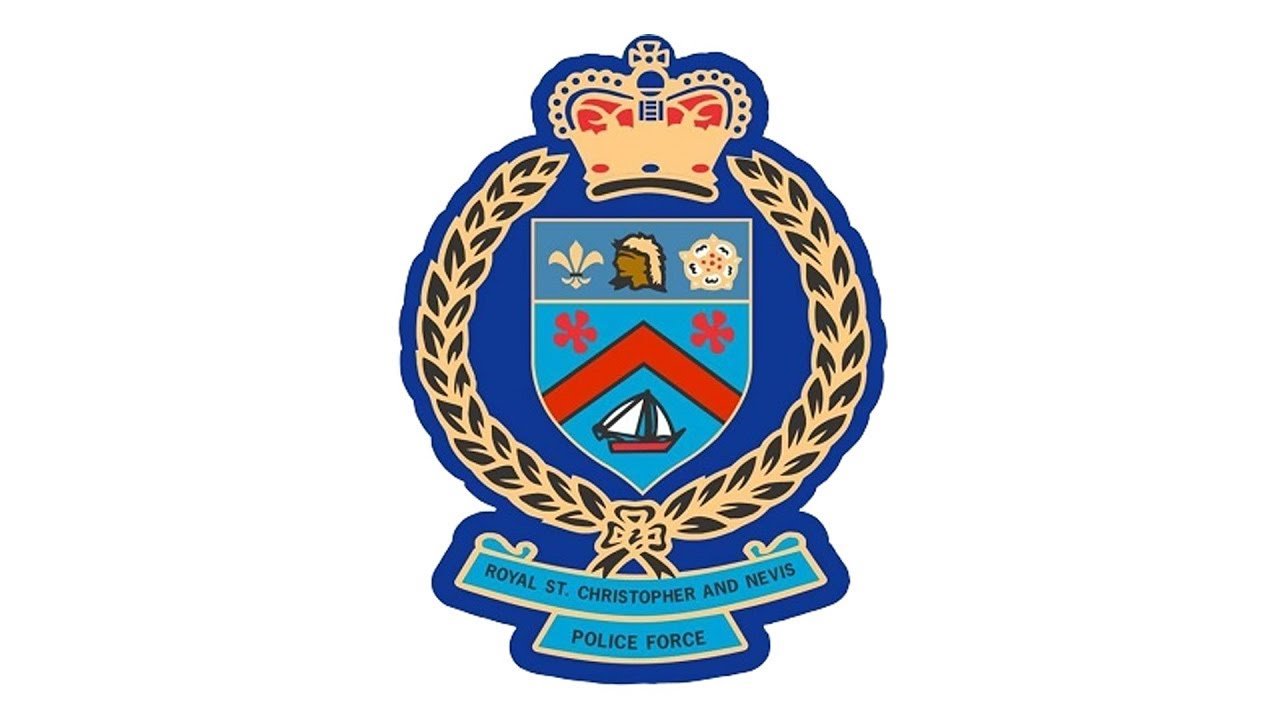Man Sentenced to One Month in Prison for Drug Possession
Paragraph 1: The Case of Raheem Nisbett
Raheem Nisbett, a resident of Prickley Pear Alley in St. Kitts, found himself entangled in the legal system after being charged with possession of a controlled substance, specifically Methylenedioxy-methamphetamine (MDMA), commonly known as Ecstasy or Molly. This incident highlights the ongoing struggle against drug-related offenses within the community. The specific details surrounding the circumstances of the arrest, such as the quantity of MDMA found in Nisbett’s possession and the location of the arrest, remain undisclosed in the available information. This lack of detail makes it difficult to fully assess the severity of the offense and the potential impact on the community.
Paragraph 2: Legal Proceedings and Sentencing
The legal proceedings against Nisbett unfolded at the District "A" Magistrate’s Court presided over by Her Honour Sherry-Ann Liburd-Charles. The court, after considering the evidence presented, found Nisbett guilty of the charge of drug possession. The sentence handed down by the court was a fine of EC $3,500, payable within six months. This financial penalty reflected the court’s attempt to balance punishment with the possibility of rehabilitation. However, the court also added a provision that failure to pay the fine within the stipulated timeframe would result in a one-month imprisonment at His Majesty’s Prison. This provision aimed to ensure compliance with the court’s decision and deter future offenses.
Paragraph 3: The Drug in Question: MDMA
The drug at the center of this case, MDMA, is a synthetic substance primarily known for its stimulant and psychedelic effects. It is often associated with recreational use in social settings like parties and clubs. The drug’s effects can include increased energy, euphoria, emotional warmth, and distorted sensory and time perception. However, MDMA use also carries potential risks, including adverse psychological effects such as anxiety, confusion, and paranoia, as well as physical effects like increased heart rate, blood pressure, and body temperature. The long-term effects of regular MDMA use can include problems with memory and learning, sleep disturbances, and depression. The classification of MDMA as a controlled substance reflects the potential dangers associated with its misuse.
Paragraph 4: Drug Laws and Enforcement in St. Kitts
This case underscores the legal framework surrounding drug offenses in St. Kitts and the efforts of law enforcement agencies to combat drug-related activities. Specific details about the applicable drug laws and enforcement strategies in St. Kitts are not provided in the given information. However, it’s important to understand that drug laws generally aim to control the production, distribution, and consumption of substances deemed harmful to individuals and society. Law enforcement plays a crucial role in disrupting the drug trade, apprehending offenders, and supporting community-based initiatives aimed at drug prevention and rehabilitation.
Paragraph 5: The Role of the Courts and Sentencing
The court system plays a vital role in upholding the rule of law and ensuring justice in drug-related cases. Judges consider various factors when determining appropriate sentences, including the severity of the offense, the defendant’s criminal history, and the potential for rehabilitation. Sentences can range from fines and community service to imprisonment, depending on the circumstances. In Nisbett’s case, the court imposed a fine with the possibility of imprisonment for non-payment, suggesting an attempt to strike a balance between punishment and rehabilitation.
Paragraph 6: The Broader Context of Drug Use and Abuse
Drug use and abuse present a complex societal challenge with far-reaching consequences. It is crucial to approach this issue with a balanced perspective that considers public health, law enforcement, and social welfare. Addressing drug-related problems effectively often requires a multi-faceted approach involving prevention programs, treatment options for those struggling with addiction, and ongoing support for individuals in recovery. Further research and analysis are needed to understand the specific drug-related challenges facing the community in St. Kitts and to develop targeted strategies for prevention, intervention, and treatment. This case highlights the need for continued efforts to address drug use and its impact on individuals and the wider community.
Share this content:












Post Comment